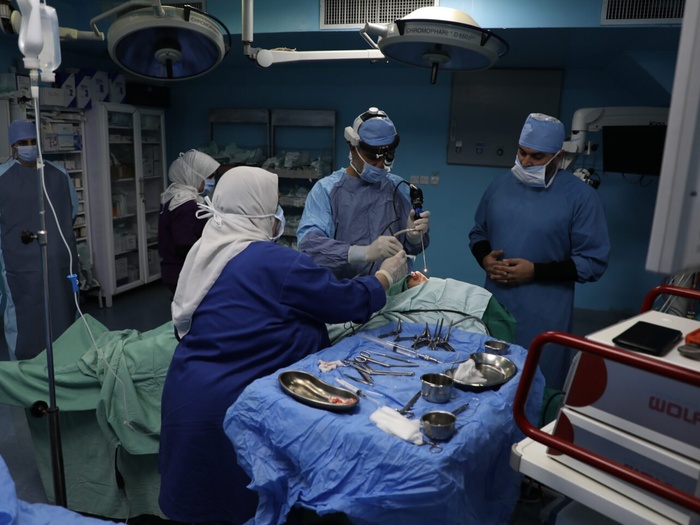Urban Areas
Urban Areas

Nagham, 9, walks with UNHCR Jordan staff member, Lilly Carlisle, in the streets outside her house in East Amman. © UNHCR/Mohammad Hawari
Across Jordan, UNHCR works to support community empowerment and enhance cooperation between refugee and Jordanian communities. This is facilitated by a network of 22 Community Support Committees (CSCs), jointly run by Jordanian and refugee representatives of different nationalities.
CSCs in Jordan provide a community-led approach to respond to the needs of urban refugees, bridging gaps between refugees and Jordanians, and helping UNHCR to give the right assistance to those who need it most.



Through mobile help desks, counseling activities and focus group discussions, UNHCR also seeks to ensure the protection needs of refugees living in urban areas are catered for. Specific interventions are tailored to women, children, people with disabilities, older persons and the youth.
Cash assistance is also a key tool to support refugees living in urban areas. Every month 33,000 of the most vulnerable refugee families receive financial support from UNHCR.
As refugee situations have become more protracted, UNHCR works closely with the Jordanian Government to advocate for the greater inclusion of refugees within Jordanian national systems.
Refugees in Jordan can send their children to public schools for free and access the national health system (paying the cost of the non-insured Jordanian rate for treatment).
In addition, Syrian refugees are able to get work permits to gain employment in the open sectors.


